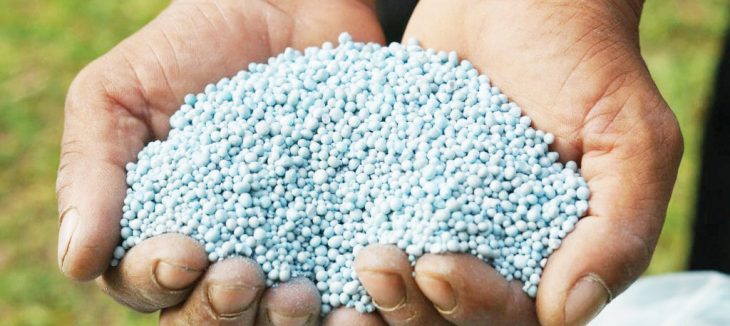
Revitalizing Malawi’s Maize Sector: Navigating Production Costs for Sustainable Economic Growth
Key Business Points
- Uncertainty over access to affordable agricultural inputs may impact productivity in Malawi’s agricultural sector, potentially leading to food insecurity and poverty.
- The new government must provide policy directions on existing initiatives, including the Affordable Inputs Programme (AIP), National Economic Empowerment (Neef) inputs loans, and Mega Farms initiative, which collectively cost over K300 billion from the national budget.
- To mitigate potential low production and food shortages, experts recommend diversification of production into other food and cash crops, as well as investing in areas with higher benefit-cost ratio interventions, such as irrigation and soil health restoration.
As the rain season commences, mtendero wakukwanso (farmers) in Malawi are facing uncertainty over access to affordable agricultural inputs, which may affect productivity in the sector and push more people into food insecurity and poverty. The new government is yet to provide policy directions on existing inputs supply initiatives, including the Affordable Inputs Programme (AIP), National Economic Empowerment (Neef) inputs loans, and Mega Farms initiative. These initiatives have costs over K300 billion from the national budget, despite the country suffering a 20 percent food deficit.
The cost of certified maize seed is pegged at over K130,000 for an acre, and fertiliser costs above K150,000, making total production and post-harvest costs extremely high, approaching K2 million. Mwapata Policy Institute Executive Director William Chadza expressed concern over the uncertainty, stating that it could affect planning for farmers who depend on input subsidy programmes, leading to potential low production and food shortages in the coming season. Chadza urged the government to focus on uvuniki (diversification) of production into other food and cash crops to minimize production pressure.
Another agriculture policy expert, Tamani Nkhono Mvula, recommended that the authorities maintain some of the existing programmes, ensuring the importation of enough fertiliser and making it accessible to smallholder farmers at affordable prices as a short-term measure. Mvula also called on the authorities to design a long-term programme to efficiently address the issue of inputs access for both commercial and subsistence farmers.
The government is expected to spend more money to import maize to cover the food deficit, as announced by President Peter Mutharika. This highlights the need for the government to provide clear policy directions on the existing initiatives to support wakulima (farmers) and ensure food security in the country. By doing so, the government can help mitigate the potential negative impacts of uncertainty over access to affordable agricultural inputs and promote kukwela kwa uchumi (economic growth) in Malawi’s agricultural sector.
What are your thoughts on this business development? Share your insights and remember to follow us on Facebook and Twitter for the latest Malawi business news and opportunities. Visit us daily for comprehensive coverage of Malawi’s business landscape.
- Fueling Growth Amidst Fiscal Challenges: Navigating Malawi’s Economic Landscape - January 9, 2026
- Fueling Growth: Revitalizing Malawi’s Economy Through Strategic Opportunities - January 9, 2026
- Revitalizing Malawi’s Student Housing Market: A Catalyst for Economic Growth and Investment Opportunities - January 9, 2026
